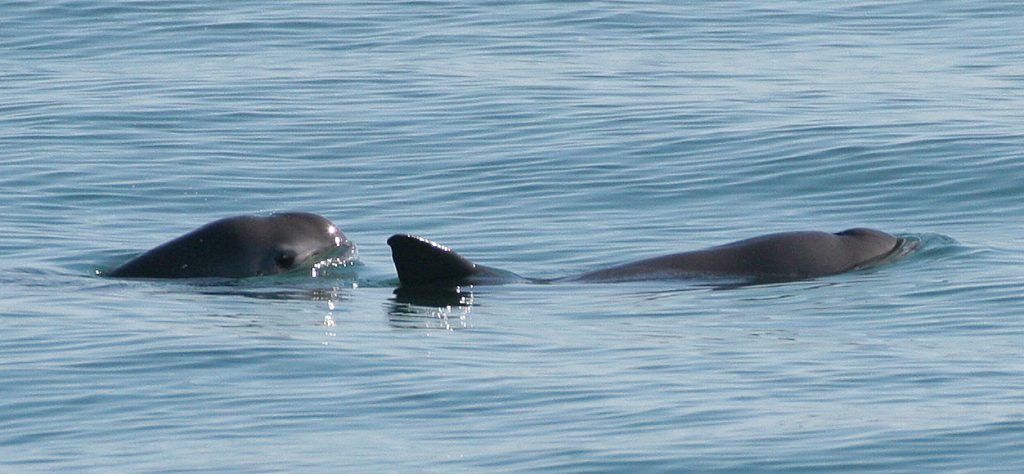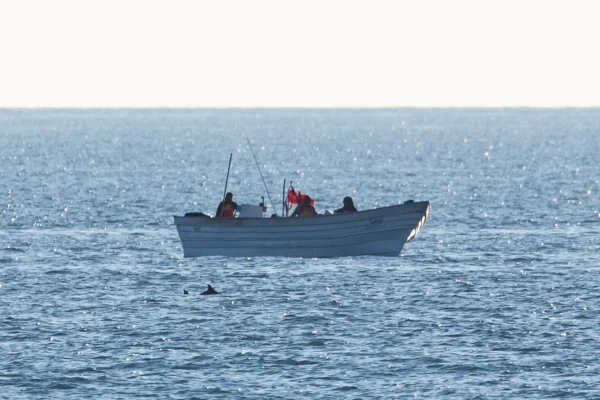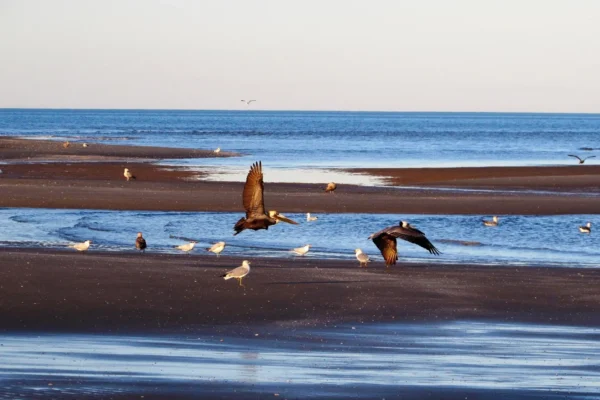A report published recently by the International Committee for the Recovery of the Vaquita (CIRVA) points towards the decline of vaquita at a much higher rate than previously estimated.

A review of acoustic monitoring data gathered between 2011 and 2014 shows an average estimated annual rate of decline of 31%, compared to the 18.5% annual decline estimated from data collected in the 2011 to 2013 sampling period. The higher average is the result of a very low number of vaquita detections in 2014.
CIRVA concluded that the acoustic monitoring program continues to provide strong evidence of a dramatic decline in vaquita abundance. CIRVA found the rates of decline alarming, particularly the apparent 42% decline from 2013 to 2014.
Gillnet fishing is considered the greatest threat to coastal cetaceans such as the vaquita. An estimated 300,000 whales, porpoises and dolphins die in fixed fishing nets every year, and accidental by-catch of vaquita is blamed for this species’ rapid decline.
In April, the Mexican government announced a two-year ban on gillnet fishing in the vaquita habitat. President Enrique Peña Nieto ordered the Mexican Navy to take charge of enforcement operations and introduced a comprehensive plan to save the remaining vaquita in the northern Gulf of California.
In its recent report, CIRVA acknowledged that initiative and highlighted the need for urgent action.
This rapid decline underscores the need for Mexico’s strong recent actions to ban gillnets and increase enforcement to save the species.
The committee also advised the Mexican government to make the gillnet ban permanent, arguing that “a period of two years is completely insufficient” to determine the effectiveness of the ban.
Other recommendations include night-time surveillance in the exclusion zone to aid enforcement, as well as the prohibition of possession and transportation of gillnets, both on land and at sea. CIRVA also called on the Mexican government to increase efforts to help fishermen affected by the ban, by accelerating the introduction of alternatives to gillnet fishing in the affected communities.
The vaquita population has been declining for decades. The most recent survey of vaquita conducted in the Gulf of California led to an estimate of just 97 individuals. With numbers this low and a continued rapid decline, the species could be extinct within next couple of years.


